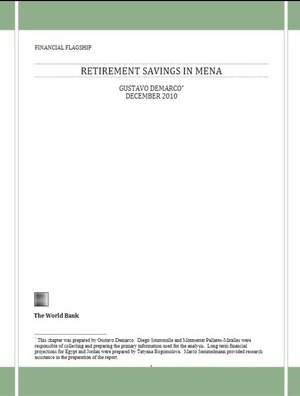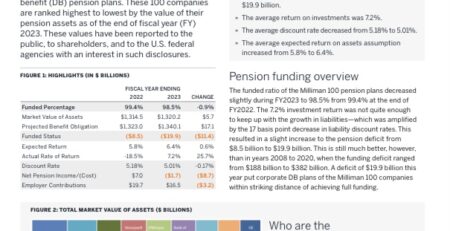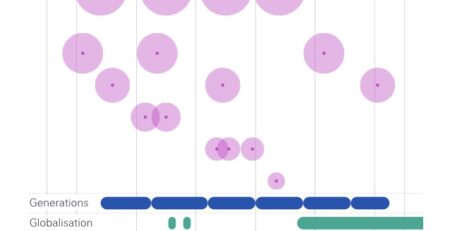Retirement Savings in Mena
By Gustavo Demarco
Public pensions are important in MENA, but their role as institutional investors remains uncertain in view of the sustainability problems that pension schemes are facing due to the over generosity of their promises. In addition to the gradual loss of reserves, portfolios are not very diversified and this, in turn, reveals a low level of professional management probably com bined with an absence of autonomy in the asset allocation process. An exception to this rule is the case of Jordan, where an autonomous unit takes investment decisions with the result of a more sophisticated portfolio structure.
The role of private pensions in MENA countries is limited, and prospects of growth are limited with the possible exception of Egypt and the countries of the GCC. While several countries are considering introducing incentives to develop voluntary pension systems, prospects of macro economic impact are mainly associated with mandatory pension schemes.
In addition to demand side constraints, the development of sound markets for private pensions requires serious efforts to develop institutional capacity, including professional and independent portfolio management and other preconditions such as a sound regulatory framework and supervisory capacity.
Problems observed in investment decisions are not less serious in the case of the incipient voluntary pension market, where the lack of regul ation and supervision is an additional constraint to improve the efficienc y of fund management.
MENA countries are still far from meeting all the conditions of the enabling environment to introduce or develop funded pension schemes on a mandatory or voluntary basis. An extreme example is West Bank and Gaza, where a premature reform adopted a multipillar scheme in a context where the most basic initial conditions were not met 22
Public pension reforms are occurring in the region, with notable recent examples in Jordan (September 2009) and Egypt (June 2010). The reform process in the region needs to address some of the critical constraints for an efficient operation of public and private pensions. An affordable definition of parameters of the public pension schemes will not only improve long term sustainability of the schemes, but also provide incentives to develop private pension programs. No less important, administrative and institutional reforms should address the inefficiencies of decision making processes at all levels, including investment decisions.
[Views]











